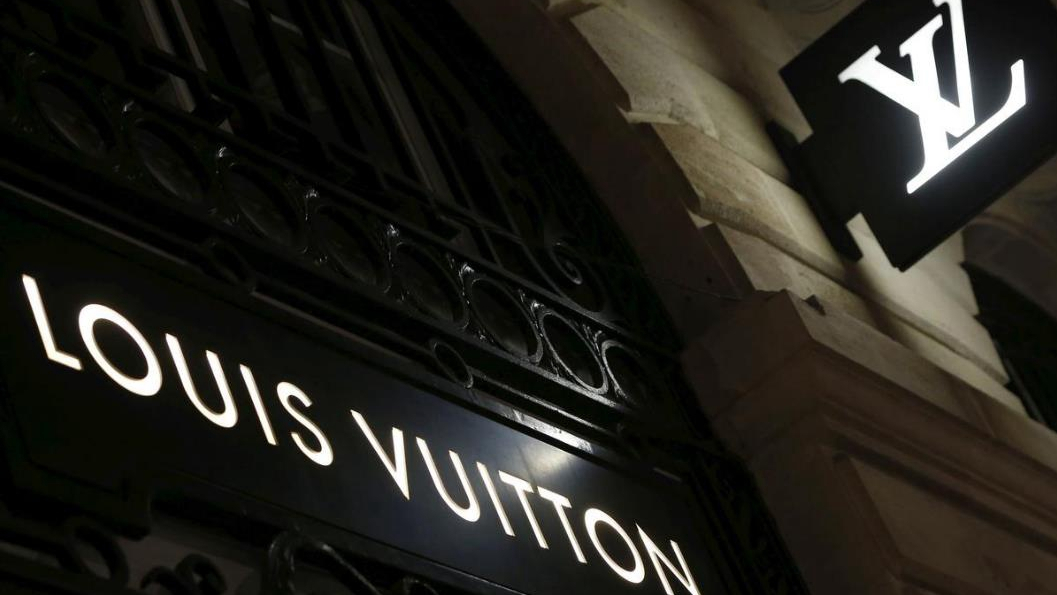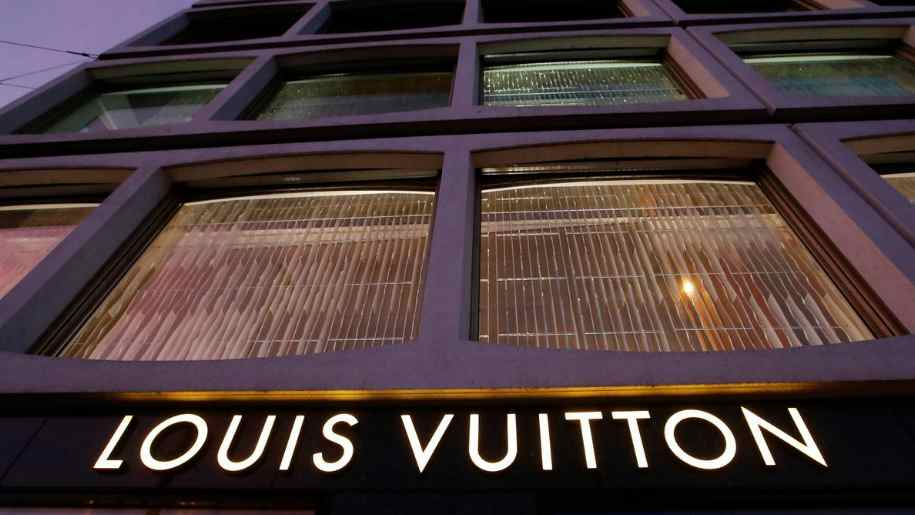
Company
11:55, 12-Apr-2019
LVMH shares hit record high as China demand boosts luxury group
CGTN

LVMH shares hit a record high on Thursday and buoyed those of rivals after the Louis Vuitton owner posted strong first-quarter sales and said that demand for its handbags and high-end fashion had picked up in Chinese mainland.
The group, which owns other labels including Christian Dior and Krug champagne, is setting a high bar for rivals chasing the same clientele, though not all are benefiting equally as Chinese spending shifts from overseas shopping capitals to home.
The French groups were up 4.3 percent in afternoon trade after touching a record earlier in the day, helping to boost peers such as Gucci-owner Kering, Hermes, Burberry and Moncler.

Reuters Photo
Reuters Photo
LVMH had reported forecast-beating results late on Wednesday. First-quarter revenue rose 16 percent to 12.5 billion euros (14.10 billion U.S. dollars), up 11 percent on a like-for-like basis, which strips out currency swings and the impact of acquisitions or disposals.
Generally slower growth is expected when LVMH's rivals report first-quarter numbers and the group “should stand above the peer average this year,” SocGen analysts wrote as the bank raised its rating on the company to “buy” from “hold.”
LVMH's bullish comments about the appeal of its brands to Chinese consumers further buoyed its shares during a conference call with analysts on Thursday.
"With the Chinese, the business is really moving from strength to strength," Financial Director Jean-Jacques Guiony said of LVMH's main profit driver Louis Vuitton, adding that it had also sold well with Japanese and U.S. clients.
Guiony confirmed that Chinese customers - who still mainly buy luxury items on overseas trips and who account for more than a third of the sector's sales - were gradually spending more on home turf, encouraged in part by government efforts to fuel consumption by cutting VAT or import duties.
Shopping destinations within close reach, such as Hong Kong or Macau, have taken the largest hit from that trend, he added, while Chinese spending in Europe had remained strong despite recurrent street protests in France.
"There is stability in Europe, increasing demand in China and a slowdown outside China in rest of Asia," Guiony said.
Source(s): Reuters

SITEMAP
Copyright © 2018 CGTN. Beijing ICP prepared NO.16065310-3
Copyright © 2018 CGTN. Beijing ICP prepared NO.16065310-3